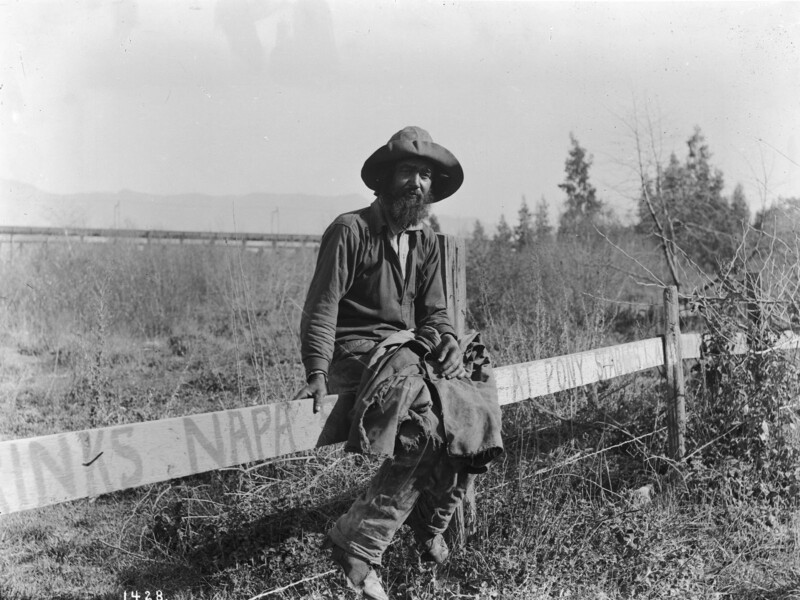
These fascinating historical photos reveal the relatively unknown history of the migrant worker or “hobos” in early twentieth-century America.
The American hobo is a unique figure in the country’s history, characterized by their transient lifestyle and association with the railroads that began in the post-Civil War era when many veterans were displaced and unemployed.
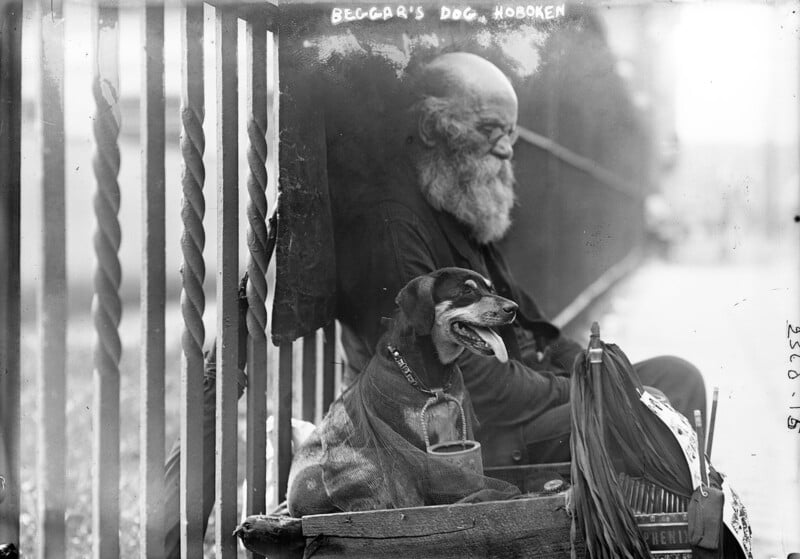
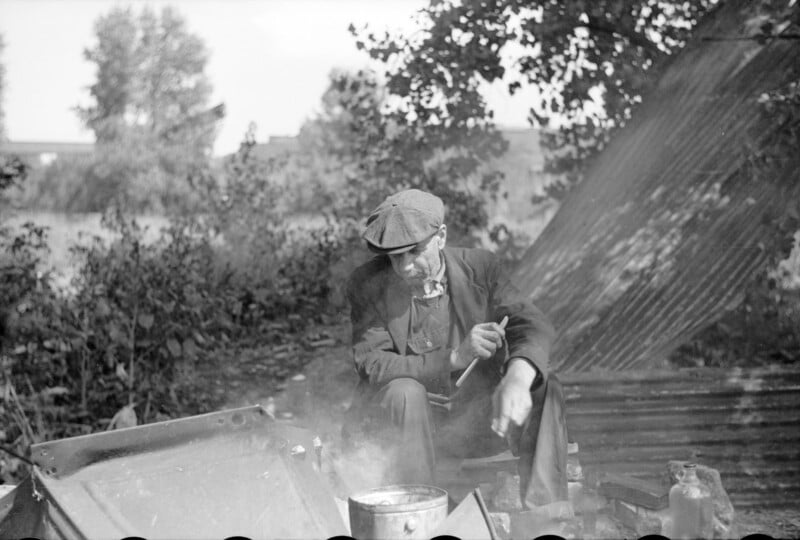
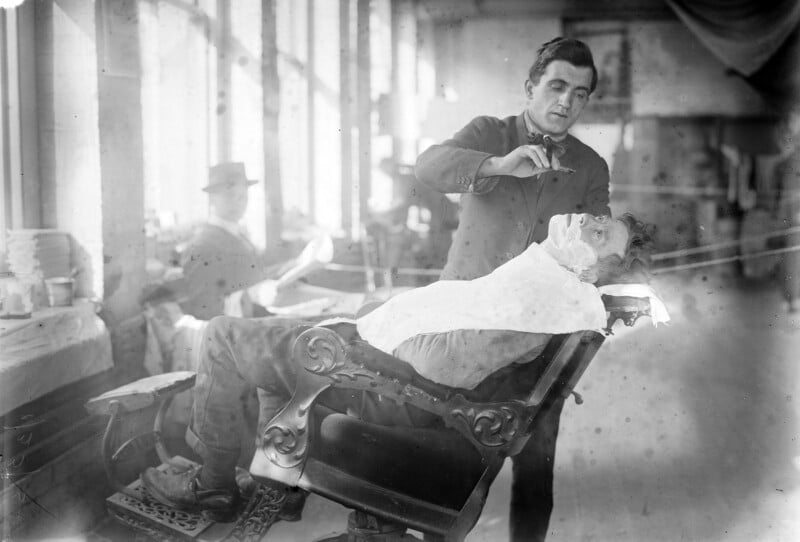
Many of these men traveled the country looking for any short-term manual work they could find, often finding paid jobs on the very railroads they relied upon for transportation.
As such, the hobo way of life started and these men took pride in their untethered yet noble lifestyle. In 1889, the nationwide hobo body was founded in Missouri establishing a strict ethical code.
The sixteen rules included tenets like: “Decide your own life, don’t let another person run or rule you”; “When in town, always respect the local law and officials”; “Always try to find work, even if temporary”; and “Do not allow yourself to become a stupid drunk”.
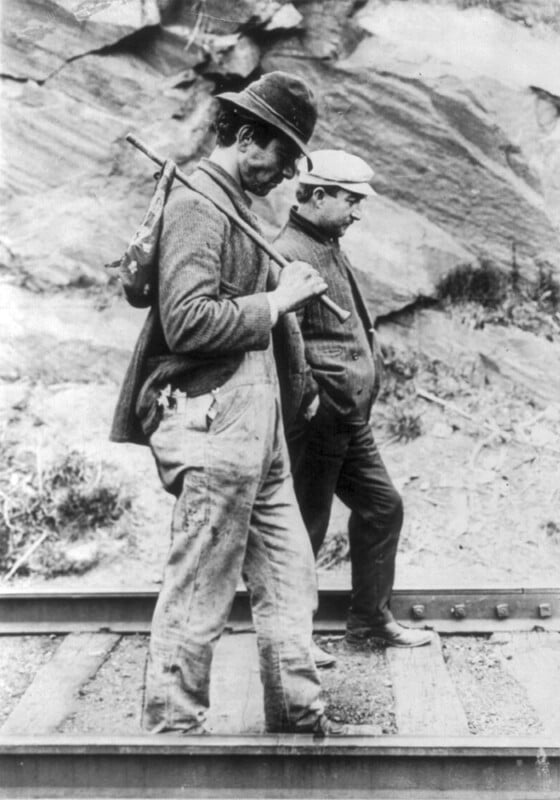
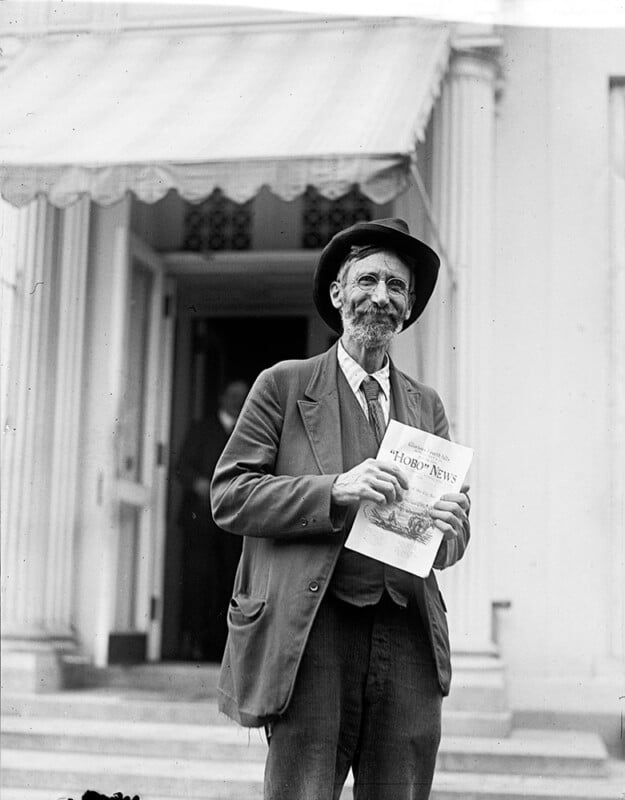
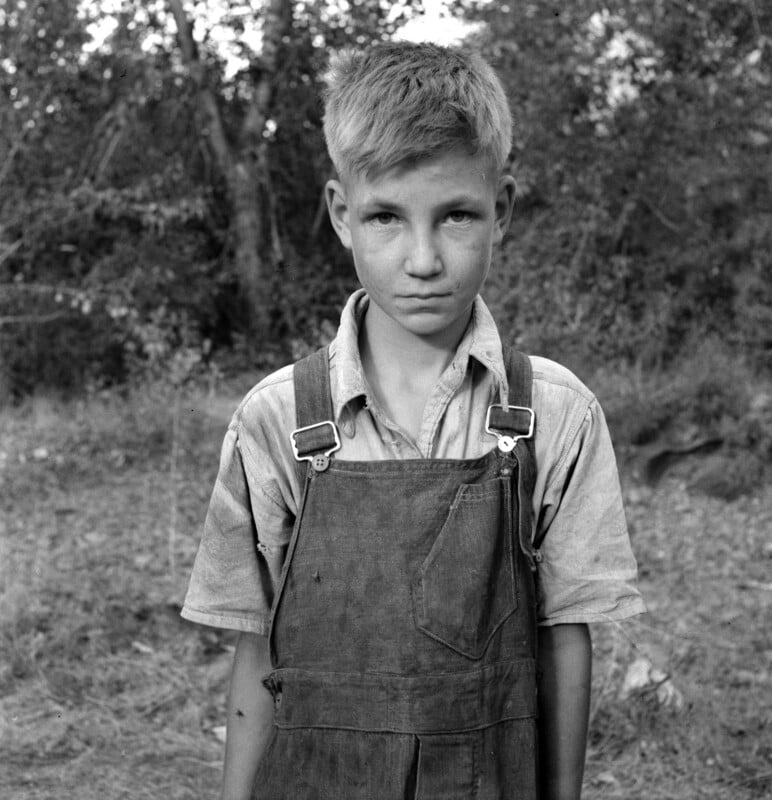
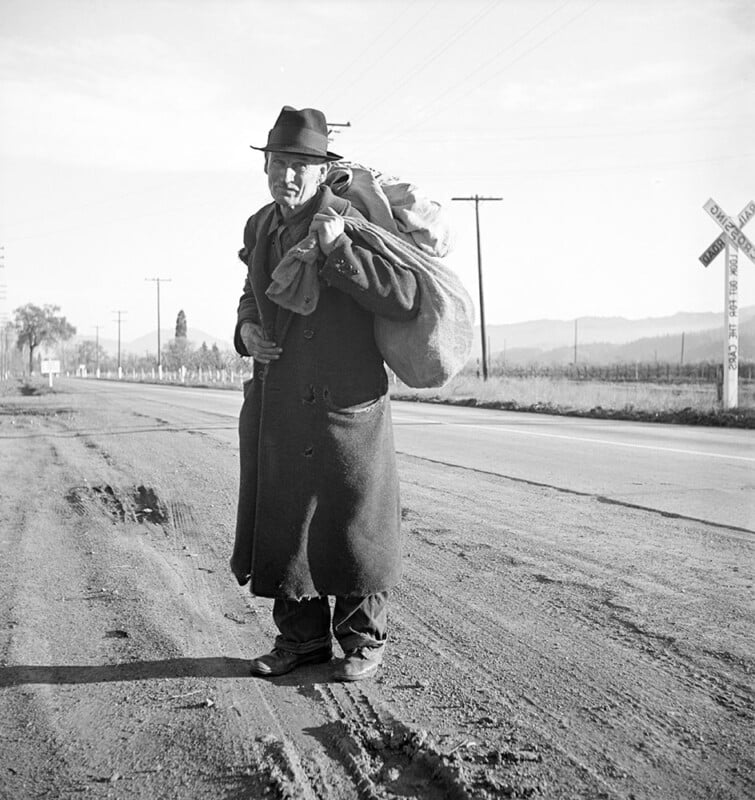
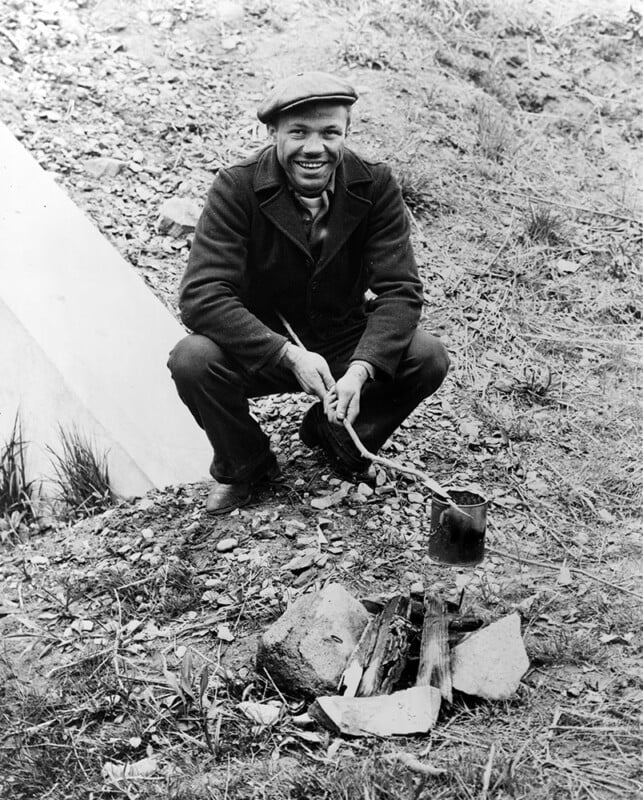
The National Hobo Convention continues in Britt, Iowa every year — a festival that began in 1900. There used to be a nationwide chain of inns called “Hotel de Gink” which was established for hobos. Though it was called a hotel, it operated more like a homeless shelter.
During that early period of the 1900s, an entire language known as “the hobo code” was created to help the migrant workers communicate with one another. The visual signs that hobos used were often in charcoal and coal. The code would aid fellow travelers in finding a safe space to rest for the night, a home that might offer a warm meal, or warning of a mean dog.
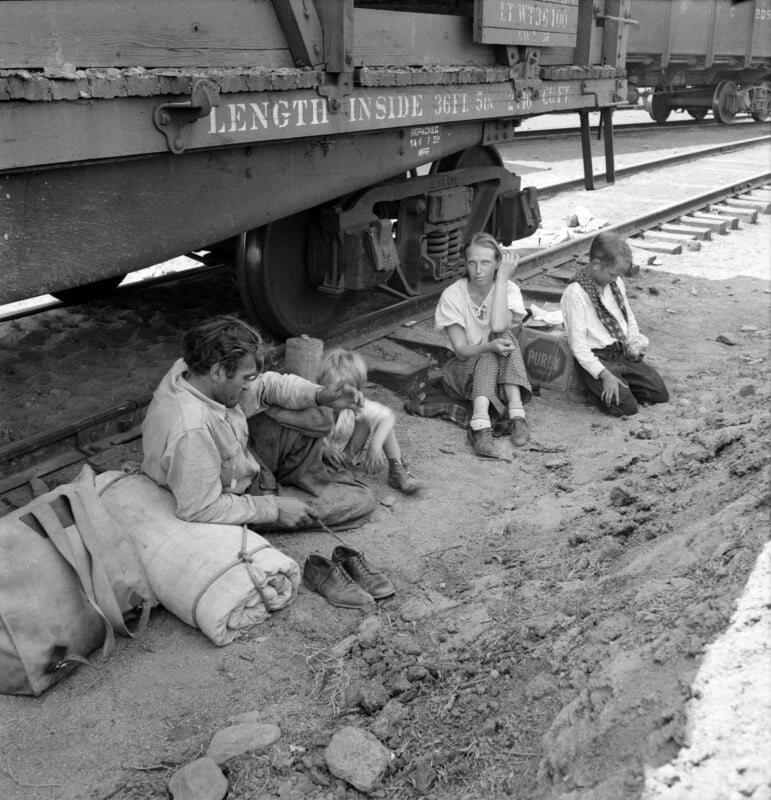
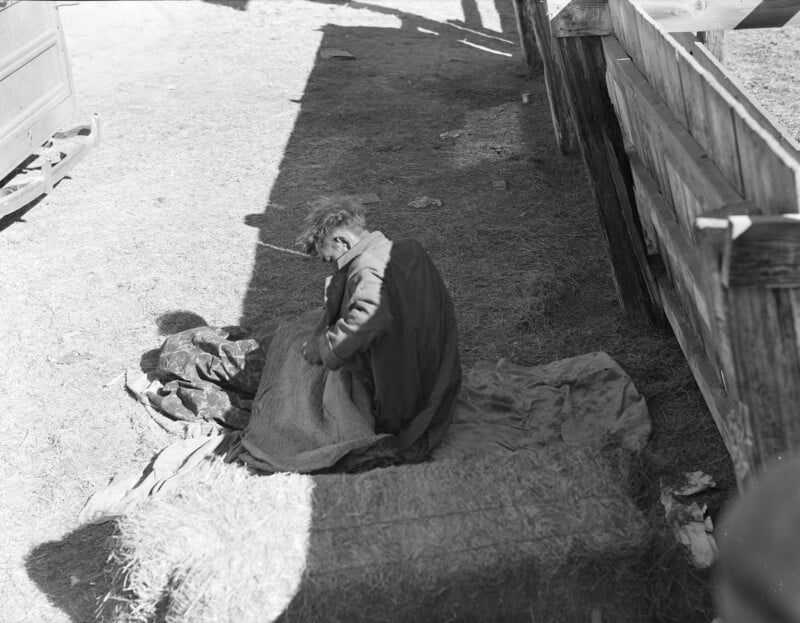
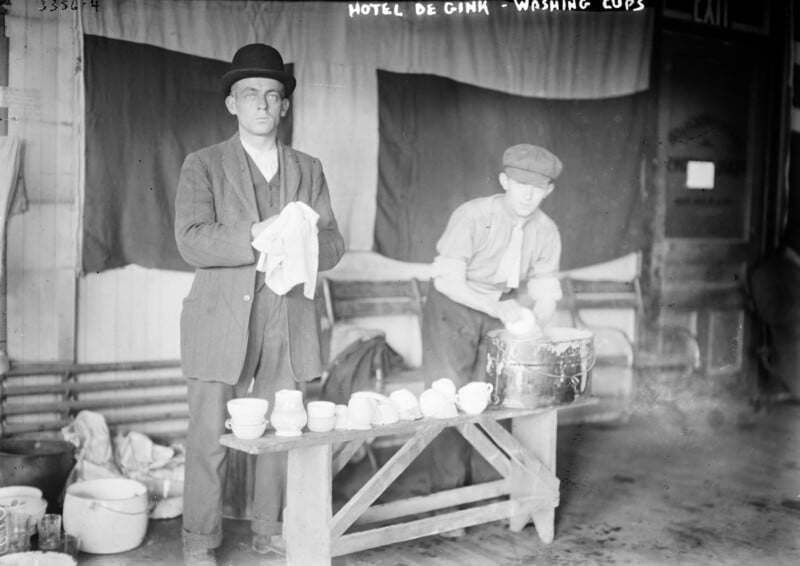
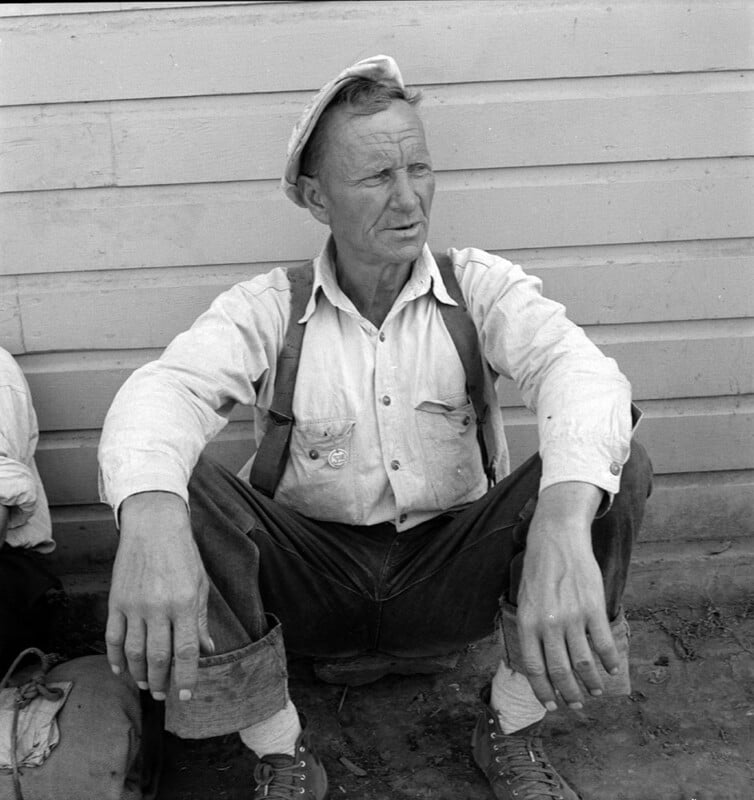
The number of hobos increased greatly during the Great Depression era of the 1930s. With no work and no prospects at home, many men — and even whole families — decided to travel for free by freight train and try their luck elsewhere. This era is when Dorothea Lange captured migrant families in the Dust Bowl area of Oklahoma and when she shot the famous Migrant Mother photo in California.
Future world lightweight boxing champion, Lou Ambers was forced to take to the rails and work following this economic downturn. While others like wealthy heir James Eads Howe — dubbed “The Millionaire Hobo” — voluntarily chose to live as one. He financed the International Brotherhood Welfare Association, an aid society for hobos.
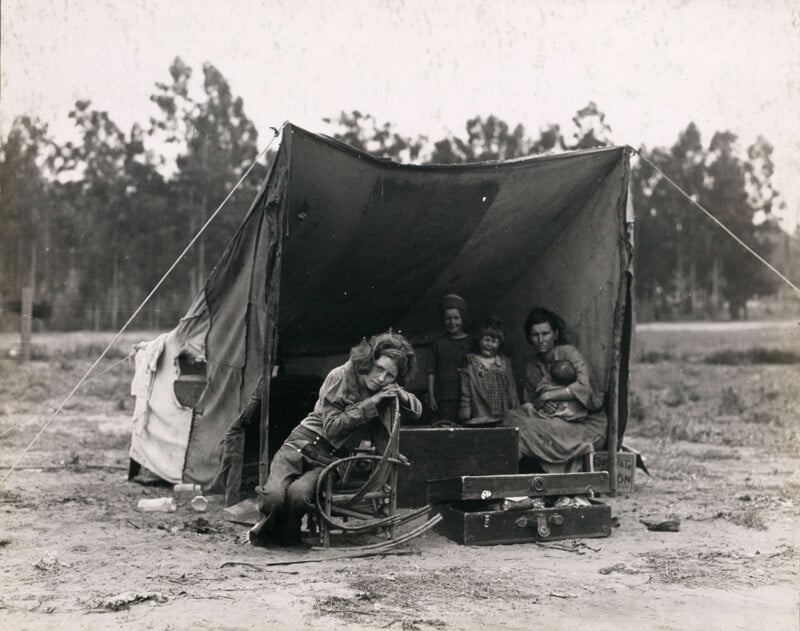
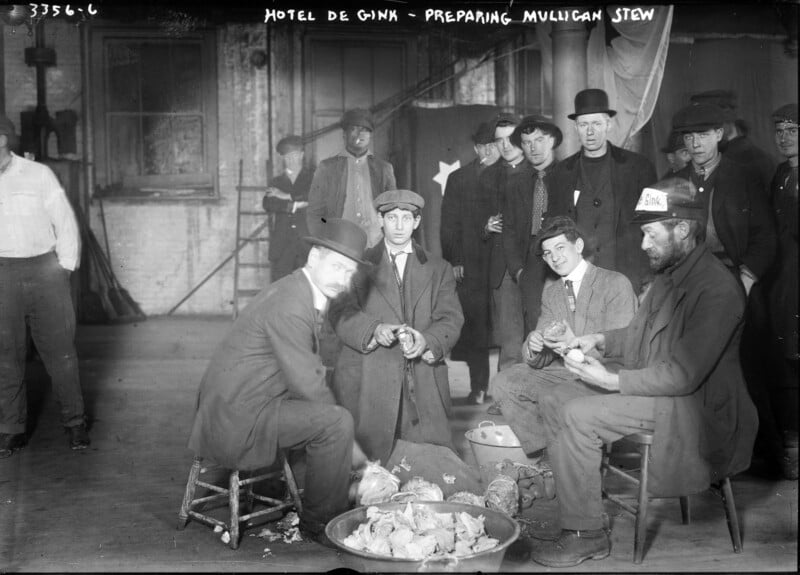
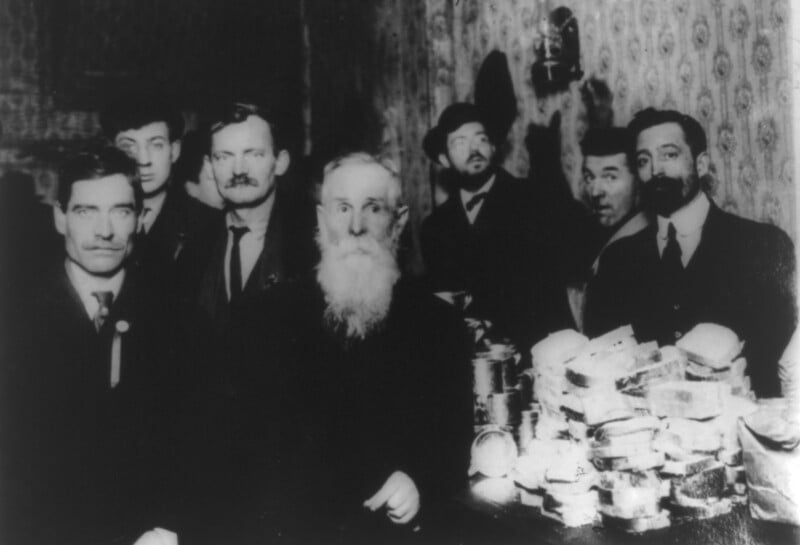
The modern interpretation of the word hobo has changed greatly with it now more likely to be used as an insult alongside “tramp” or “bum”. But hobos differentiated themselves from “tramps” or “bums” by the set of standards they aspired to live by.
